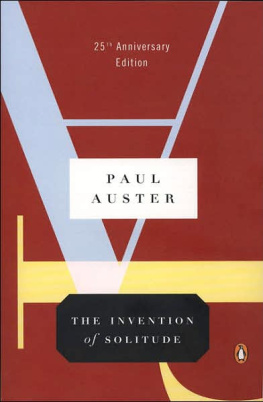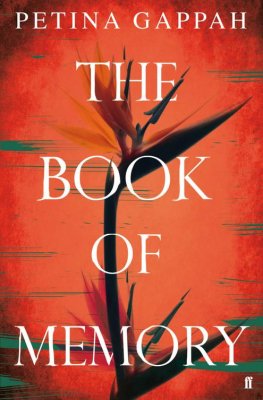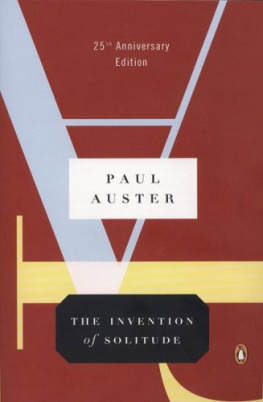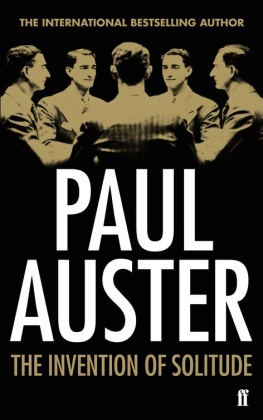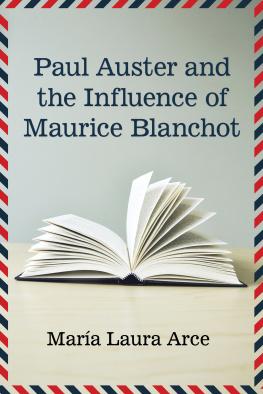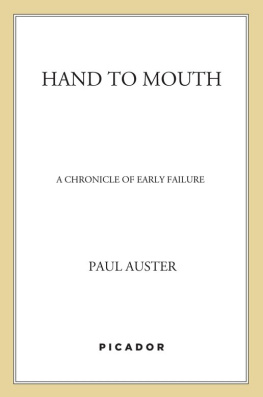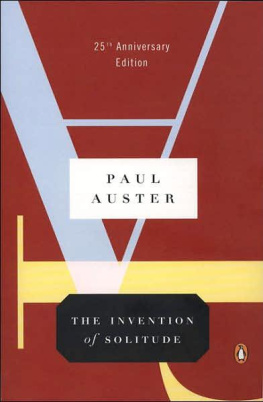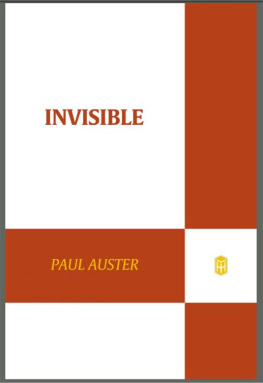The Book of Memory. Book Two.
Israel Lichtenstein s Last Testament. Warsaw; July 31, 1942.
With zeal and zest I threw mys elf into the work to help assem ble archive materials. I was entrusted to be the custodian. I hid the material. Besides me, no one knew. I confided only in my friend Hersh Wasser, my supervisor It is well hidden. P lease God that it be preserved. That will be the finest and best we achieved in the present gruesome time . I know that we will not endure. To sur vive and remain alive after such horrible murders and massacres is impossible. Therefore I write this testament of mine. Perhaps I am not worthy of being remembered, but just for my grit in working with the Society Oneg Shabbat and for being the most endangered because I hid the entire material. It would be a small thing to give my own head. I risk the head of my dear wife Gele Seckstein and my treasure, my little daughter, Margalit I don t want any grati tude, any monument, any praise. I want only a remembrance, so that my family, brother and sister abroad, may know what has become of my remains . I want my wife to be remembered. Gele Seckstein, artist, dozens of works, talented, didn t manage to ex hibit, did not show in public. During the three years of war worked among children as educator, teacher, made stage sets, costumes for the children s productions, received awards. Now together with me, we are preparing to receive death . I want my little daughter to be remembered. Margalit, 20 months old today. Has mastered Yiddish perfectly, speaks a pure Yiddish. At 9 months began to speak Yiddish clearly. In intelligence she is on a par with 3- or 4-year old children. I don t want to brag about her. Witnesses to this, who tell me about it, are the teaching staff of the school at
Nowolipki 68 . I am not sorry about my life and that of my wife. But I am sorry for the gifted little girl. She deserves to be remem bered also . May we be the redeemers for all the rest of the Jews in the whole world. I believe in the survival of our people. Jews will not be annihilated. We, the Jews of Poland, Czechoslovakia, Lith uania, Latvia, are the scapegoat for all Israel in all the other lands.
Standing and watching. Sitting down. Lying in bed. Walking through the streets. Eating his meals at the Square Diner, alone in a booth, a newspaper spread out on the table before him. Opening his mail. Writing letters. Standing and watching. Walking through the streets. Learning from an old English friend, T., that both their families had originally come from the same town (Stanislav) in Eastern Europe. Before World War I it had been part of the Austro-Hungarian Empire; between the wars it had been part of Poland; and now, since the end of World War II, part of the Soviet Union. In the first letter from T. there is some speculation that they might, after all, be cousins. A second letter, however, offers clarification. T. has learned from an ancient aunt that in Stanislav his family was quite wealthy; A. s family, on the other hand (and this is consistent with everything he has ever known), was poor. The story is that one of A. s relatives (an uncle or cousin of some sort) lived in a small cottage on the property of T. s family. He fell in love with the young lady of the household, proposed marriage, and was turned down. At that point he left Stanislav forever.
What A. finds particularly fascinating about this story is that the man s name was precisely the same as his son s.
Some weeks later he reads the following entry in the Jewish Encyclopedia:
AUSTER, DANIEL (1893-1962). Israel lawyer and mayor of Jerusalem. Auster, who was born in Stanislav (then Western Galicia), studied law in Vienna, graduated in 1914, and moved to Palestine. During World War I he served in the Austrian expeditionary force headquarters in Damascus, where he assisted Arthur Ruppin in sending financial help from Constantinople to the starving yishu v. After the war he established a law practice in Jerusalem that represented several Jewish-Arab interests, and served as secretary of the Legal Department of the Zionist Commission (1919, 20). In 1934 Auster was elected a Jerusalem councillor; in 1935 he was appointed deputy mayor of Jerusalem; and in 1936-38 and 1944-45 he was acting mayor. Auster represented the Jewish case against internationalization of Jerusalem brought before the United Nations in 1947-48. In 1948 Auster (who represented the Progressive Party) was elected mayor of Jerusalem, the first to hold that office in an independent Israel. Auster held that post until 1951. He also served as a member of the Provisional Council of Israel in 1948. He headed the Israel United Nations Association from its inception until his death.
All during the three days he spent in Amsterdam, he was lost. The plan of the city is circular (a series of concentric circles, bisected by canals, a cross-hatch of hundreds of tiny br idges, each one connecting to another, and then another, as though endlessly), and you cannot simply follow a street as you can in other cities. To get somewhere you have to know in advance where you are go ing. A. did not, since he was a stranger, and moreover found himself curiously reluctant to consult a map. For three days it rained, and for three days he walked around in circles. He realized that in comparison to New York (or New Amsterdam, as he was fond of saying to himself after he returned), Amsterdam was a small place, a city whose streets could probably be memorized in ten days. And yet, even if he was lost, would it not have been possi ble for him to ask directions of some passerby? Theoretically, yes, but in fact he was unable to bring himself to do so. It was not that he was afraid of strangers, nor that he was physically reluctant to speak. More subtly, he found himself hesitating to speak English to the Dutch. Nearly everyone speaks excellent English in Amsterdam. This ease of communication, however, was upsetting to him, as if it would somehow rob the place of its foreignness. Not in the sense that he was seeking the exotic, but in the sense that the place would no longer be itselfas if the Dutch, by speaking English, would be denied their Dutchness. If he could have been sure that no one would understand him, he would not have hesitated to rush up to a stranger and speak English, in a comical effort to make himself understood: with words, gestures, grimaces, etc. As it was, he felt himself unwilling to violate the Dutch people s Dutchness, even though they themselves had long ago allowed it to be violated. He therefore held his tongue. He wandered. He walked around in cir cles. He allowed himself to be lost. Sometimes, he later discovered, he would be only a few feet from his destination, but not knowing where to turn, would then go off in the wrong direction, thereby taking himself farther and farther from where he thought he was going. It occurred to him that perhaps he was wandering in the circles of hell, that the city had been designed as a model of the underworld, based on some classical representation of the place. Then he remembered that various diagrams of hell had been used as memory systems by some of the sixteenth century writers on the subject. (Cosmas Rossellius, for example, in his Thesaurus Ar tificiosae Memoriae, Venice, 1579). And if Amsterdam was hell, and if hell was memory, then he realized that perhaps there was some purpose to his being lost. Cut off from everything that was familiar to him, unable to discover even a single point of reference, he saw that his steps, by taking him nowhere, were taking him nowhere but into himself. He was wandering inside himself, and he was lost. Far from troubling him, this state of being lost became a source of happiness, of exhilaration. He breathed it into his very bones. As if on the brink of some previously hidden knowledge, he breathed it into his very bones and said to himself, almost triumphantly: I am lost.

